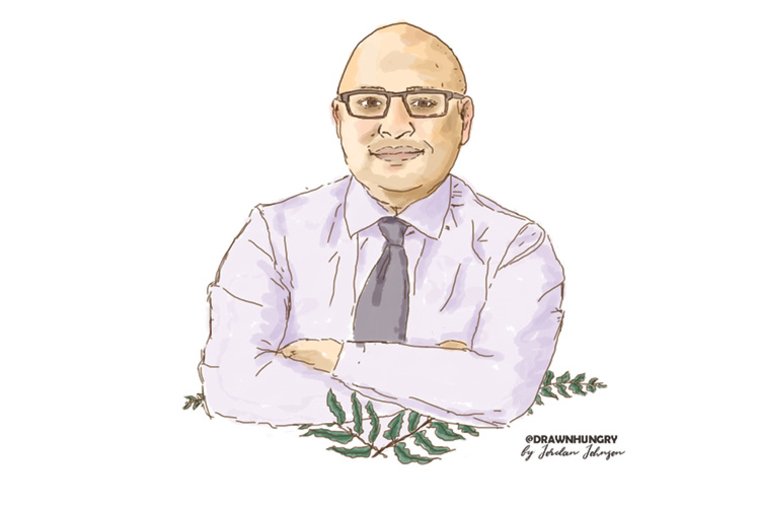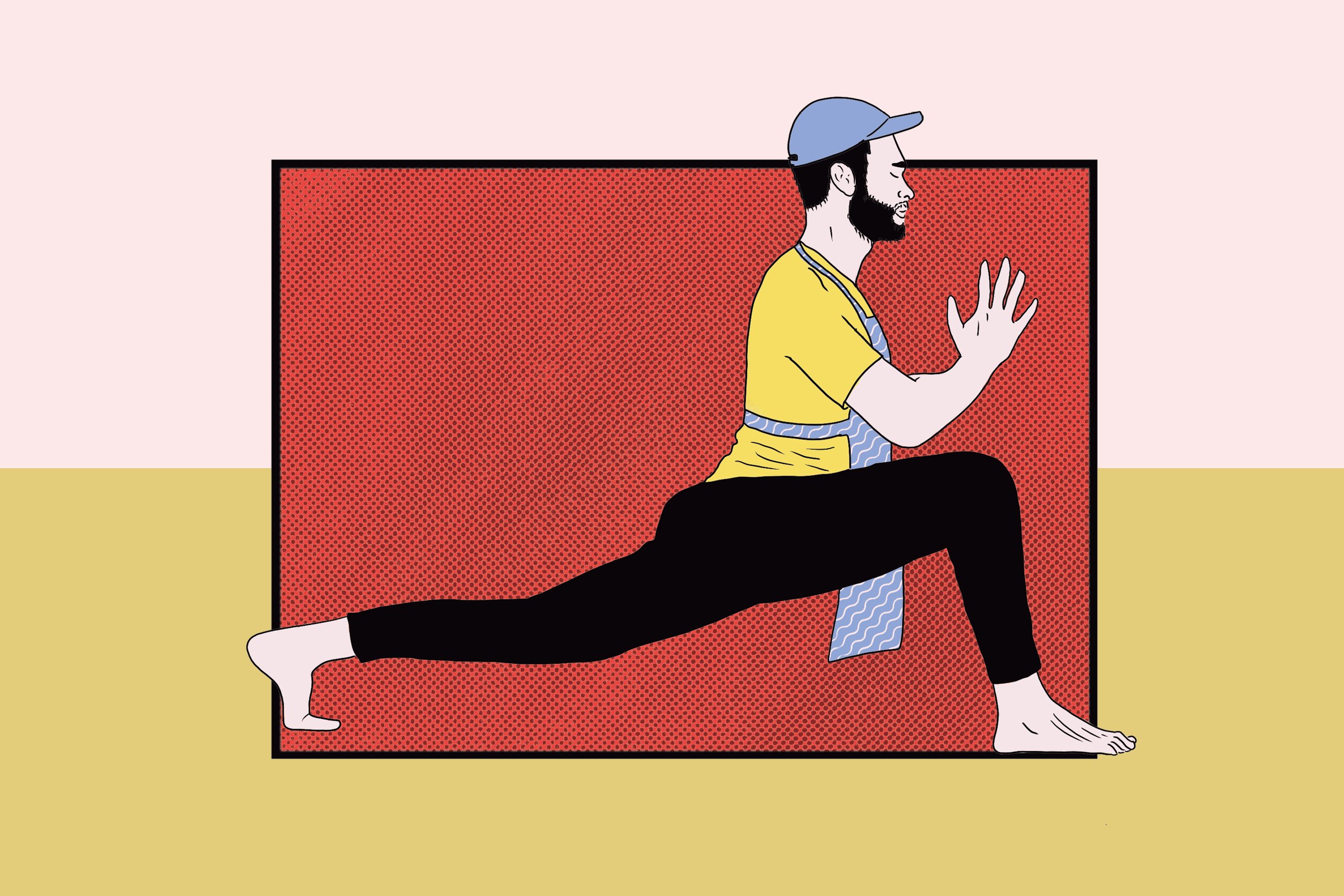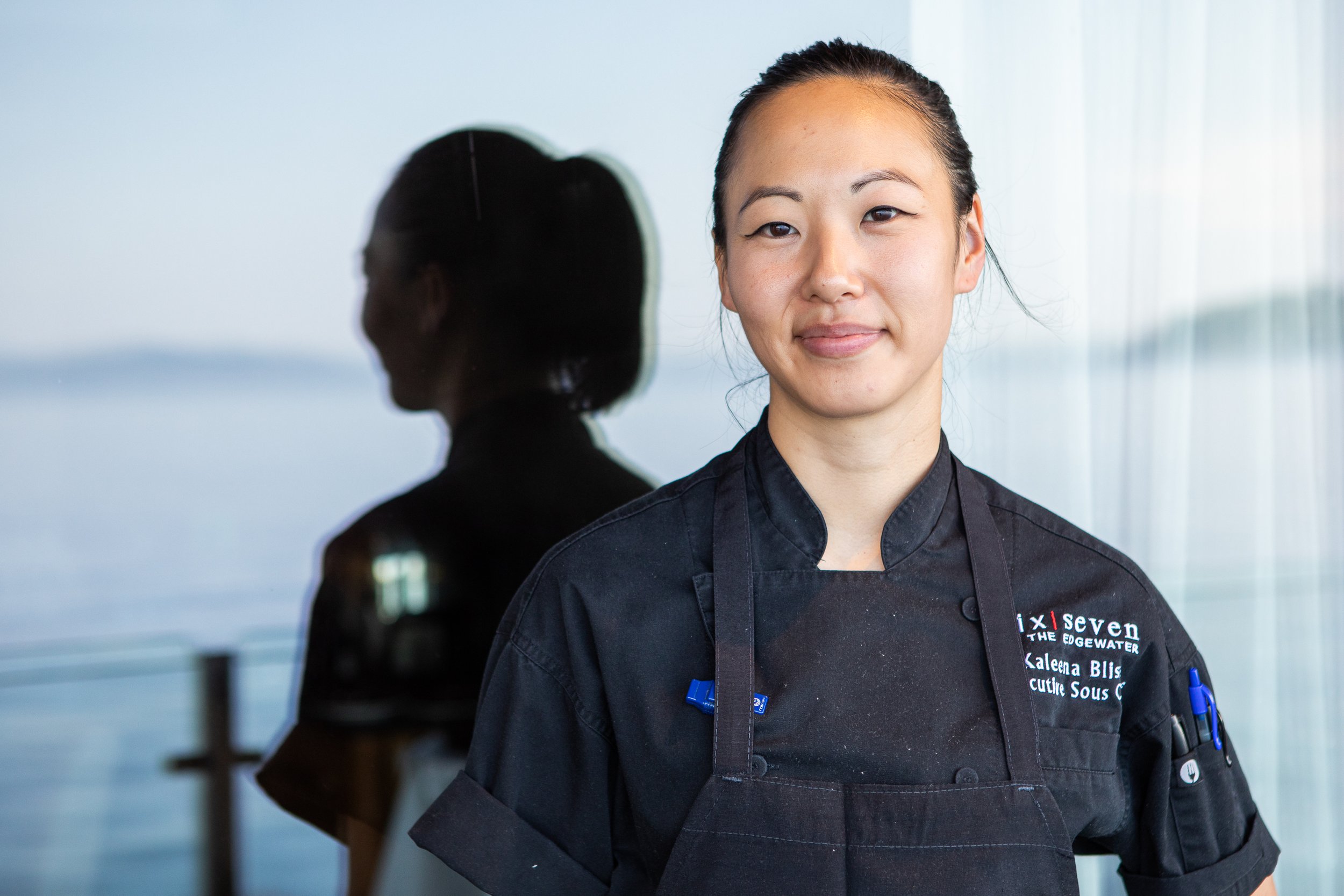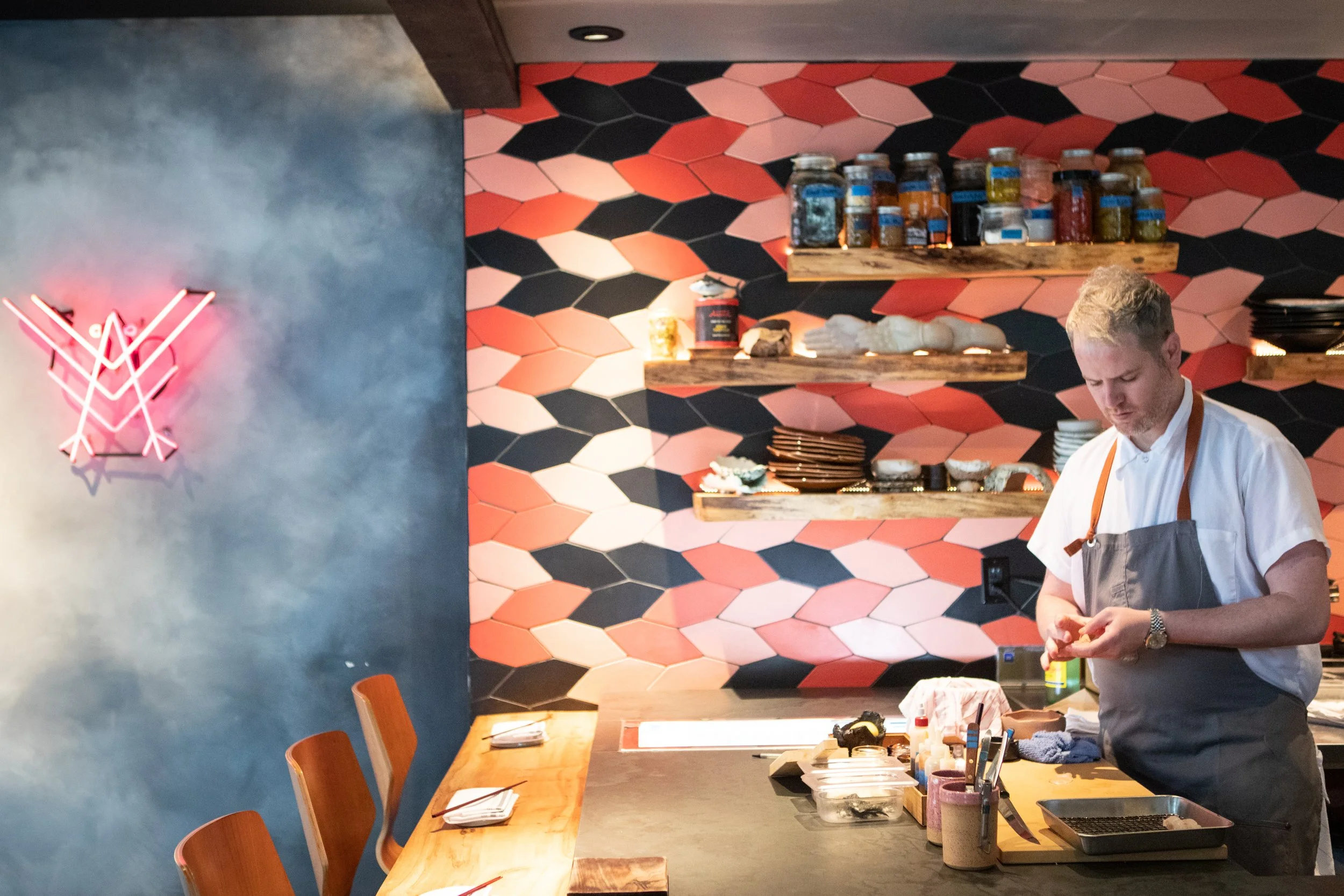Zia’s Story: Addiction and Mental Health in Hospitality
Zia Sheikh is helping bring mental health care to restaurants.
Zia Sheikh is a 16-year hospitality vet and founder of Restaurant After Hours, a nonprofit that provides restaurants and industry professionals with mental health education, support, and resources. With an emphasis on therapy, RAH directs individuals to counseling that best fits their emotional and budgetary needs. Learn more and take the RAH mental health survey at restaurantmentalhealth.com.
What’s your experience with addiction?
This industry lends itself to a late night culture of drinking and substance abuse, and for me, I used this industry as a way to hide my addictions. The turning point for me was three years ago, when my addiction became so destructive that I had almost accidentally killed myself.
I was at a bar drinking. I had gone out to my car—this was in the middle of July—and accidentally turned on the heat instead of the air conditioning. I ended up passing out. Someone found me. To this day I don’t know who it was. I woke up in the morning, in my car with the windows down, my keys on the passenger seat, and my seat reclined. Someone reached out, in the parking lot, and saved my life. That was a turning point for me.
I started making changes. I quit drinking, and I quit [abusing substances], but there was still an underlying problem. I realized I was doing things that were completely out of character for me and that there was a much deeper issue I needed to explore. I quit the industry [for six months], went on sabbatical, and entered therapy. I started taking care of myself and my mental wellbeing. I studied up on mental health. I am now using this chance to help other people in my position.
Where can owners and managers start when trying to build a stronger, more supportive, mentally well team?
Family meal. Bring the team together for at least 30 minutes. It’s important to eat like a family, because that’s, essentially, who we are. Coworkers endure long shifts and serve the same guests. They may be dealing with different things, but they are there for the same purpose. Family meal is a great way to get to know coworkers and to talk in that calm before the storm.
How can management approach employees who are having problems?
When a staff member says they are having a bad day, or that they are having issues, usually the response is, “Oh, I’ve been there. It’s just part of the industry. We all go through it.” We now push to educate owners, concentrating on mental health and teaching them about mental illnesses and the symptoms to look out for. If someone says, “I have a problem that is affecting my work,” that’s something owners should listen to. Help staff to realize their individual strengths and play into those strengths. Build up their self-esteem and make them a little stronger.
One program I endorse is Mental Health First Aid, a public education program in the United States and United Kingdom. I am certified with Mental Health First Aid to train others to spot the symptoms of various mental illnesses in an effort for early identification. We can use this program to teach owners, managers, and chefs how to identify and talk openly about mental illness and its symptoms.
Can you recommend more healthful ways to blow off steam after work than participating in shift-drink culture?
There are people who become addicted to the “shift drink.” They use it as a stress reliever and abuse it. I’m not saying there is anything wrong with going out and having a drink and blowing off steam. Many people drink responsibly. For some, the bar is a way to put a bandaid on things that maybe they don’t want to talk about openly. People are always going to have bad days, but for some, the underlying feelings remain. If someone is constantly sad or hopeless, or complains of not feeling the same type of love or joy in their lives that they have felt before, these are things we can start to keep track of. If symptoms persist for more than two weeks, there could be a deeper problem.
If you notice a coworker is struggling what can you do?
Learn how to approach them without pressure, in a positive manner, regarding their mental health. Say, “Hey, I know you’re going through something.” Take them to a private area, talk to them openly and positively, and keep it about them. Everyone is different and deals with these things differently, so making them feel comfortable, and asking them “What can I do for you?” is important. Sometimes hearing that is enough, but sometimes you need resources. Some people need time, psychotherapy, and/or medication, but by talking openly we can start to help.
What should you do if you find yourself working in a toxic environment?
You don’t need to stay in a toxic work environment. Find what’s good for you and suits you and your needs, including financial needs and the needs of your personal relationships and family. There is hope out there, and change is coming. [The lack of adequate resources] is one of the reasons I started Restaurant After Hours. I wanted to be able to provide therapy for people [struggling with mental health issues at work] and give them hope. In the last few years, mental health issues in the industry have really come to light. But there is still a lot of work to be done. Just because we have started talking about it, doesn’t mean the problem has been solved.







